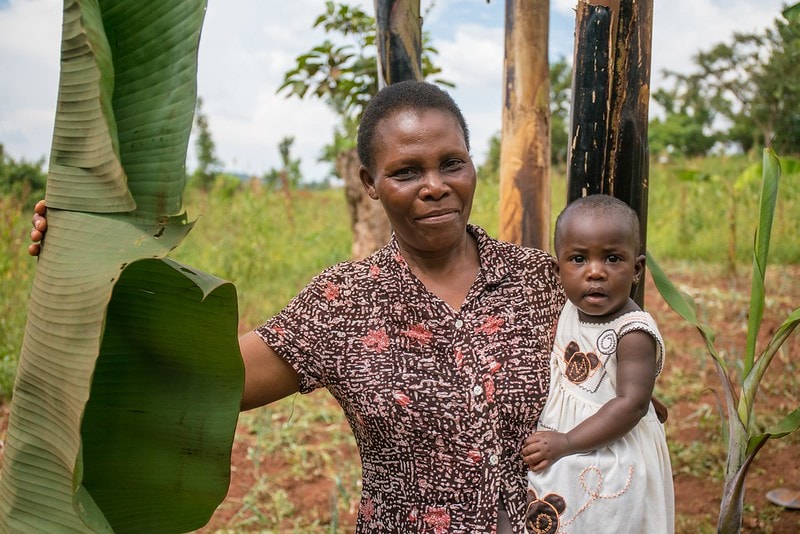We are pleased to announce that The UN Open Working Group has released its Draft of the Sustainable Development Goals (SDGs) for the Post 2015 Agenda.
As an organization that is dedicated to a holistic and integrated approach to end world hunger, we were excited to see multiple references to participatory local governance, gender equality and zero-focused goals in the draft.
Specifically, a number of the sections stressed the importance of elevating women’s participation and leadership at all levels of decision-making as a way to attain food security and encourage sustainable agricultural practices—a cornerstone of The Hunger Project’s programs.
Our impact.
We track the progress of our programs so that we continuously improve for the benefit of our community partners. We observe key impact areas within communities to understand both areas of success and needed growth in our programs.
See how our impact across Asia, Africa and Latin America directly works toward achieving the SDGs.
It is an uplifting time for the sustainable development community, and this draft is a testament to the social, economic and environmental advances that have been made, but also illuminates the challenges that remain.
The draft is expected to be revised over the coming weeks, and the report’s release is expected in September.
Below is a list of the proposed SDGs to be attained by 2030, accompanied by some key section items included in the report:
- End poverty in all its forms everywhere
- By 2030, eradicate extreme poverty by bringing the number of people living on less than $1.25 a day to zero (Section 1.1)
- End hunger, achieve food security and adequate nutrition for all, and promote sustainable agriculture
- Attain healthy life for all at all ages
- Provide equitable and inclusive quality education and life-long learning opportunities for all
- By 2030 ensure that people in vulnerable situations and marginalized people including persons with disabilities and indigenous peoples have access to inclusive education, skills development and vocational training aligned with labour market needs (Section 4.6)
- Attain gender equality, empower women and girls everywhere
- Secure water and sanitation for all for a sustainable world
- Ensure access to affordable, sustainable, and reliable modern energy services for all
- Promote strong, inclusive, and sustainable economic growth and decent work for all
- Promote sustainable industrialization
- Promote indigenous technology development and the growth of domestic innovation in underserved countries (Section 9.10)
- Reduce inequality within and among countries
- Build inclusive, safe, and sustainable cities and human settlements
- Strengthen positive economic and social links between cities and peri-urban and rural areas (Section 11.4)
- Promote sustainable consumption and production patterns
- Promote actions at all levels to address climate change
- Attain conservation and sustainable use of marine resources, oceans, and seas
- Protect and restore terrestrial ecosystems and halt all biodiversity loss
- Achieve peaceful and inclusive societies, rule of law, effective and capable institutions
- Forge unity in diversity through democratic practices and mechanisms at the local, national and international levels (Section 16.6)
- Strengthen and enhance the means of implementation and global partnership for sustainable development


